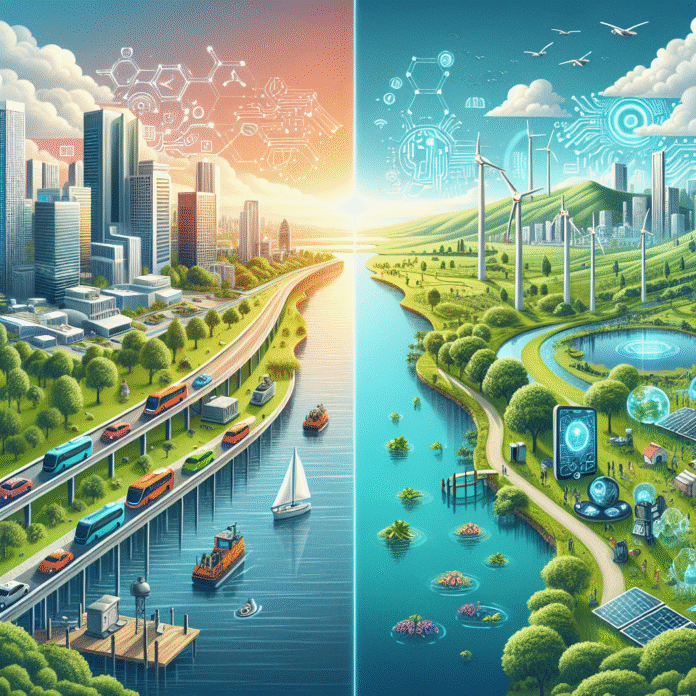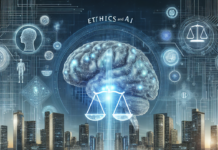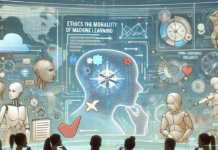The Role of AI in Sustainable Development
Balancing Progress and Planet
Introduction
Artificial Intelligence (AI) is reshaping various sectors, from healthcare to transportation,
and its potential role in sustainable development is equally transformative. As the world faces
escalating environmental challenges, integrating AI into sustainability efforts promises to balance
progress with ecological stewardship.
The Need for Sustainable Development
Sustainable development aims to meet present needs without compromising future generations’
ability to meet their own. This involves balancing economic growth, social inclusivity, and
environmental protection. As populations grow and resources dwindle, innovative solutions are
imperative. This is where AI comes into play.
Applications of AI in Sustainability
1. Efficient Resource Management
AI algorithms can analyze vast amounts of data to optimize resource allocation. In
agriculture, AI-driven precision farming techniques help farmers increase yields while
minimizing waste and environmental impact. For instance, smart irrigation systems can reduce
water usage by predicting plant needs based on real-time weather data.
2. Renewable Energy Optimization
Machine learning techniques can enhance the efficiency of renewable energy sources. By predicting
energy generation from wind or solar, AI systems help manage energy distribution and storage,
contributing to a more resilient energy infrastructure.
3. Climate Change Mitigation
AI can assist in climate modeling and predicting environmental changes. By analyzing historical
data and identifying patterns, AI tools can guide policymakers in making informed decisions
regarding climate action and resource conservation.
4. Sustainable Urban Development
In urban planning, AI can optimize transportation systems to reduce congestion and emissions.
Smart city solutions utilizing AI can enhance public transit, manage waste more effectively,
and create greener urban spaces, promoting livability without compromising environmental
sustainability.
Challenges and Ethical Considerations
Despite its potential, the use of AI in sustainable development comes with challenges.
Issues of data privacy, algorithmic bias, and the carbon footprint of AI systems themselves
need careful consideration. As policymakers integrate AI into sustainability efforts, ethical
frameworks and transparent practices must be established to ensure equitable benefits for all.
Conclusion
The intersection of AI and sustainable development presents a unique opportunity to drive
innovation while addressing urgent environmental challenges. By leveraging AI’s capabilities,
we can create a future where technology and sustainability coexist, ensuring the well-being
of both people and the planet. As we move forward, a collaborative approach involving
technologists, policymakers, and communities will be essential to harness AI for the
greater good.
For more relevant updates, check out our website or stay connected







